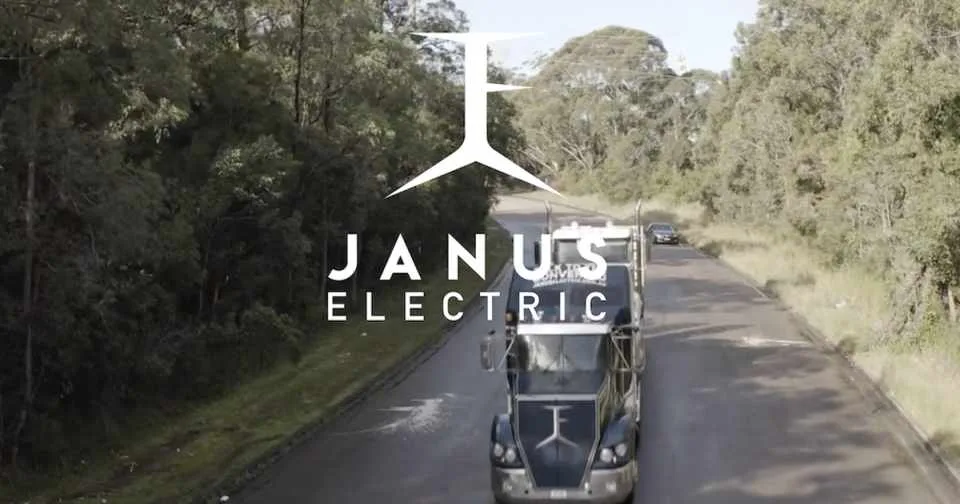Li-S Energy has entered into a Collaboration Agreement with Janus Electric to develop and test lithium sulphur and / or lithium metal battery cells to suit the requirements of the Janus Electric exchangeable prime mover battery packs.
Janus Electric has developed a system to convert diesel powered prime mover fleets to electric power, including on-road applications and specialist vehicles for primary industries such as mining. Janus can convert all prime mover makes and models to electric power.
In addition, Janus Electric has developed a proprietary exchangeable battery system that negates the need for lengthy recharge times by allowing batteries to be swapped out of vehicles at designated change and charge stations in a matter of minutes. When used in conjunction with renewable energy, this would ultimately deliver a ‘carbon zero’ solution for electrifying Australia’s road transport fleet.
Each Janus Electric exchangeable battery pack currently uses conventional lithium-ion cells and has an energy capacity of 600KWh (each equivalent to six long range electric cars).
Li-S Energy and Janus Electric have agreed to collaborate to develop and test Li-S Energy lithium sulphur and/or lithium metal battery cell technology incorporating BNNT and Li-nanomesh, for use in Janus Electric exchangeable battery packs. The objectives of the collaboration are to increase vehicle range between battery exchanges and to reduce the total weight of each battery pack.
Subject to successful testing, Li-S Energy being able deliver sufficient volume supply (and agreement of further commercial terms), Janus Electric intends to progressively phase out lithium-ion cells and purchase Li-S Energy cells to meet its projected requirements of 495,000 cells (total 247.5MWh) by the end of 2023, with additional demand growth expected in future years.
Dr Lee Finniear, CEO of Li-S Energy commented:
“We are excited to collaborate with Janus Electric on its ground-breaking battery exchange systems for heavy vehicles. It’s great to have Australian companies working together on such important technology which can accelerate the pathway to a zero carbon Australian transportation system. We thank Janus Electric for its demonstrated confidence in our collaboration with its intention to purchase Li-S Energy battery cells and its forward volume projections.”
Lex Forsyth of Janus Electric said:
“Janus Electric is excited to work with Li-S to develop an Australian solution for its quick-change battery packs. Using Australian technology in our products will further support Australian manufacturers and development of zero emission transport solutions making them more accessible to heavy vehicle fleet operators large and small globally.”
The next generation of lithium batteries
Lithium-ion (Li-ion) batteries have become a staple of modern technology over the past 20 years. But like all technologies, it will eventually be replaced by something superior. One of the technologies vying to be the successor is lithium-sulfur (Li-S). Don’t let the similar name fool you – it’s very different from lithium-ion, both in a technical and practical sense.
On the technical front, lithium-ion batteries use a lithium salt and base metals such as cobalt, nickel and manganese. Li-S batteries, on the other hand, use metallic lithium, but contain no base metals. On the practical front, Li-S batteries will be half the weight and many times more energy-dense than an equivalent lithium-ion battery.







